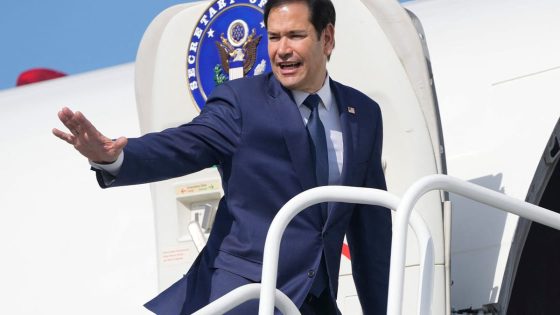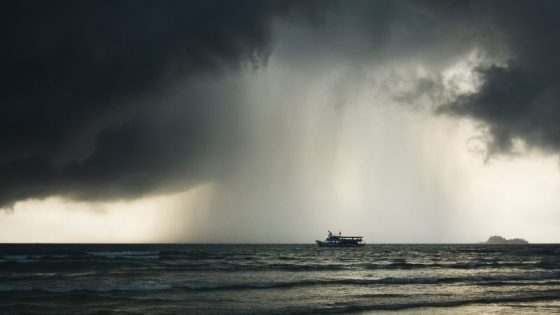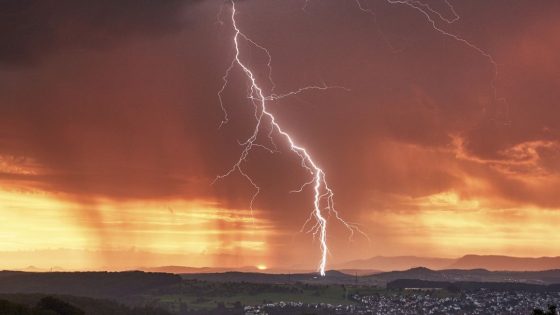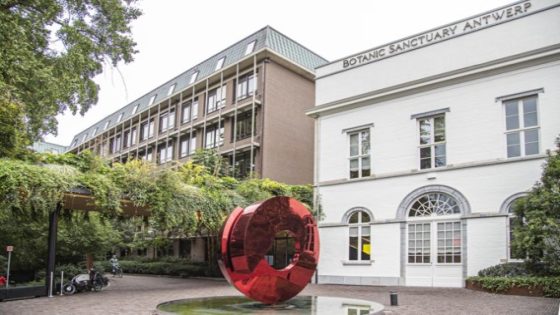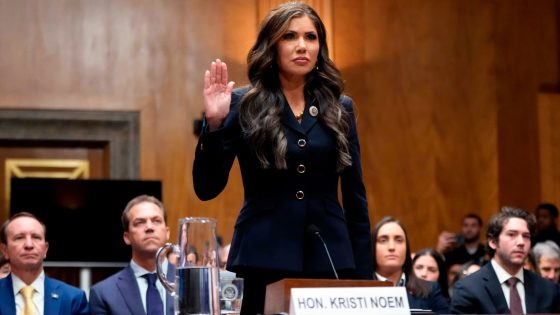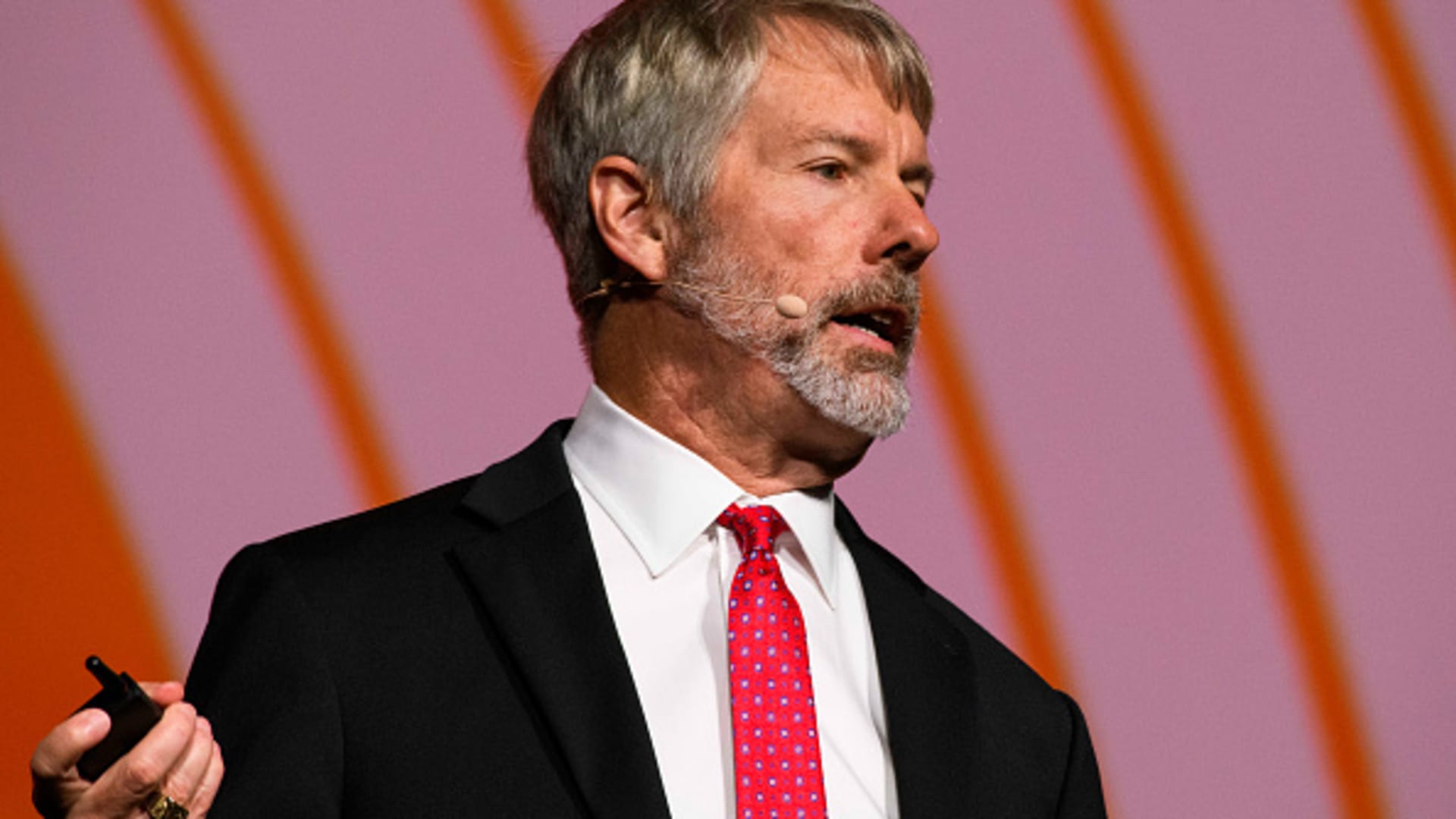Late last month, South African President Cyril Ramaphosa signed a law enabling the government to seize land without compensation in certain situations. This legislation aims to address racial disparities in land ownership and has ignited controversy, particularly from U.S. President Donald Trump, who threatened to withdraw American funding from South Africa.
- South Africa allows state land seizure without compensation.
- Ramaphosa responds to Trump's funding threats.
- Musk questions South Africa's ownership laws.
- G20 foreign ministers meeting in Johannesburg soon.
In response to Trump’s comments about land seizure affecting “certain classes of people,” Ramaphosa defended his country’s actions. The situation escalated further when Elon Musk, a South African native, questioned Ramaphosa’s policies on social media, labeling them as “openly racist.”
The new law signed by President Ramaphosa is part of ongoing efforts to redress historical injustices related to land ownership in South Africa. The legislation allows for expropriation of land without compensation under specific circumstances aimed at addressing past inequities faced by marginalized communities.
Key points regarding the law include:
- The law targets racial disparities in land distribution.
- It permits state intervention in private property under defined conditions.
- The initiative has sparked significant debate both domestically and internationally.
As tensions rise between the U.S. and South Africa over this issue, diplomatic relations could be affected. The G20 foreign ministers are scheduled to meet on February 20-21 in Johannesburg, where discussions may touch on international perspectives regarding land reform policies and their implications for global economic cooperation.
This recent development highlights the complexities surrounding land ownership laws in post-apartheid South Africa while emphasizing the impact of international reactions on domestic policy decisions.



